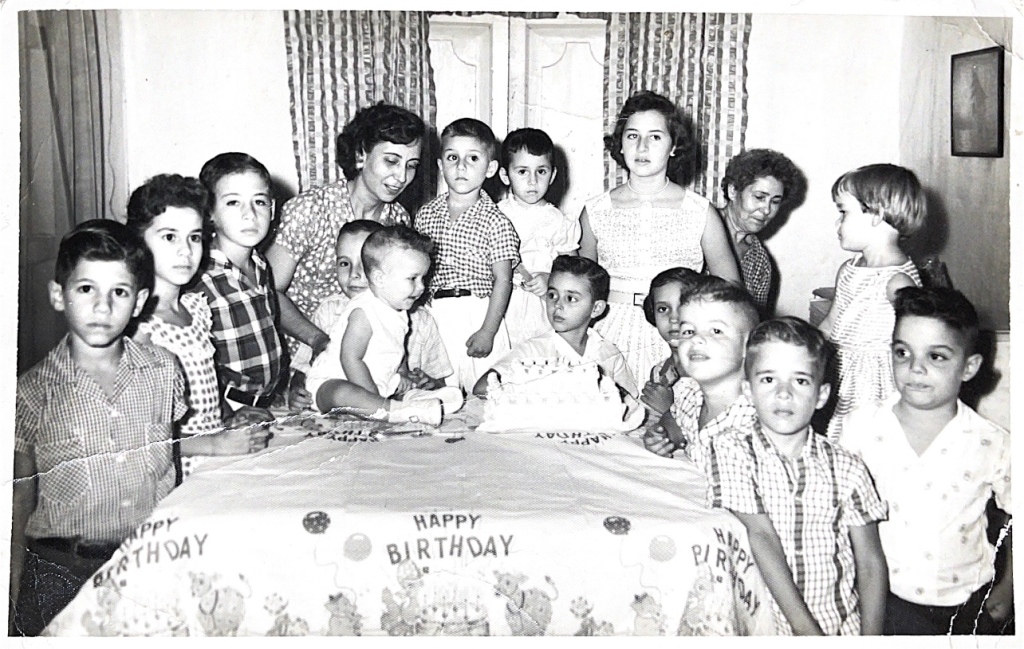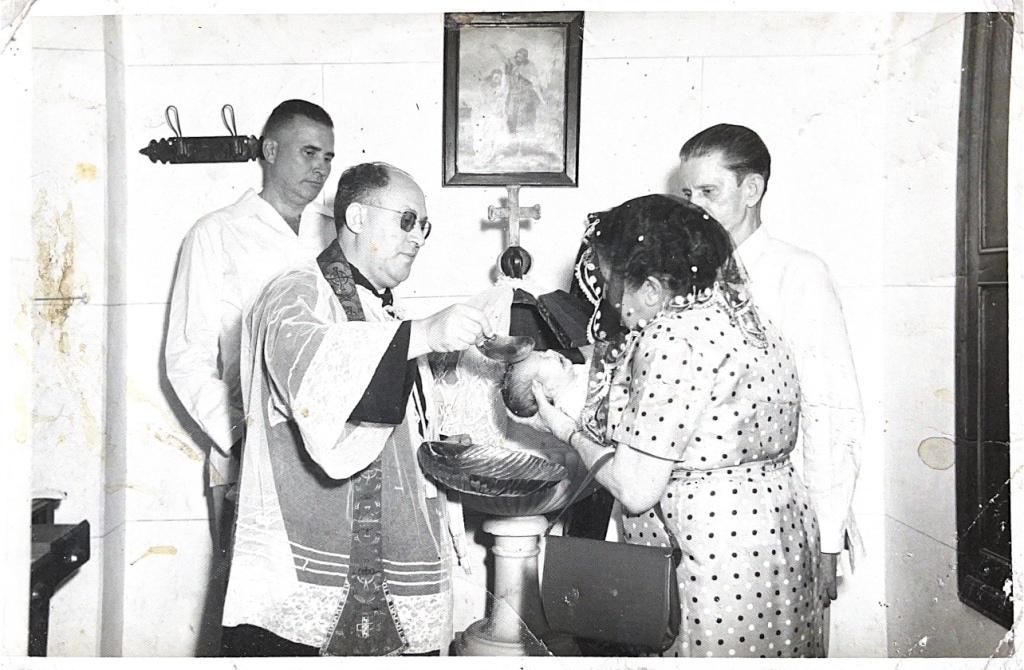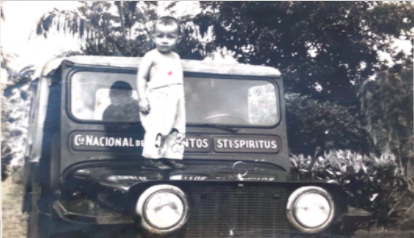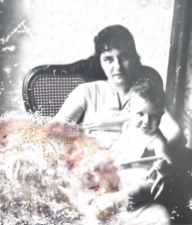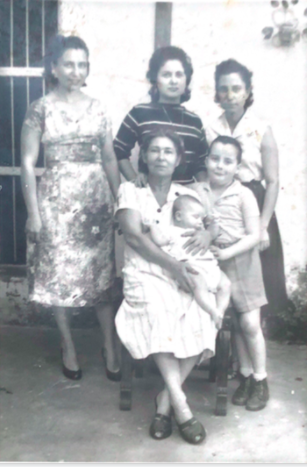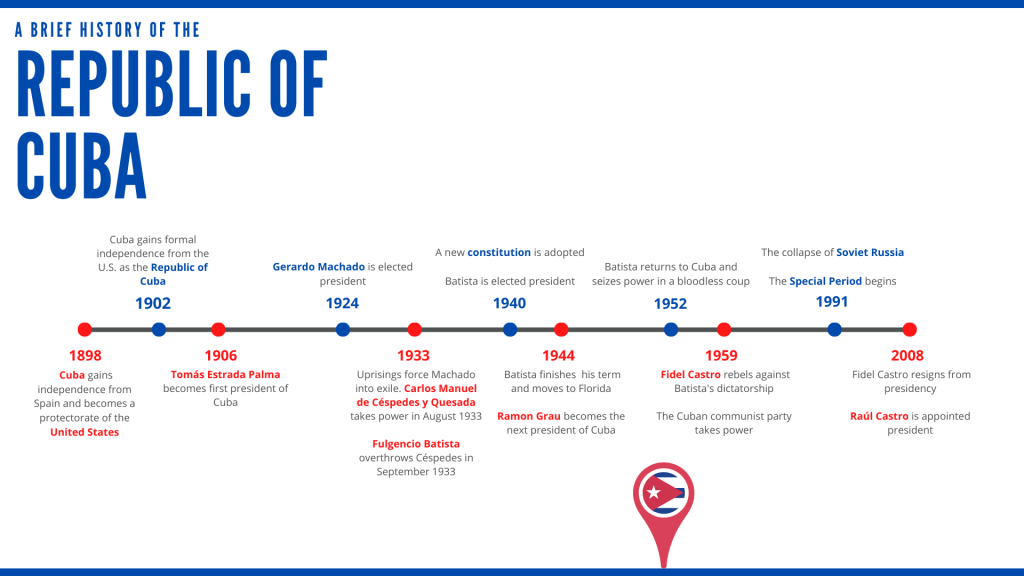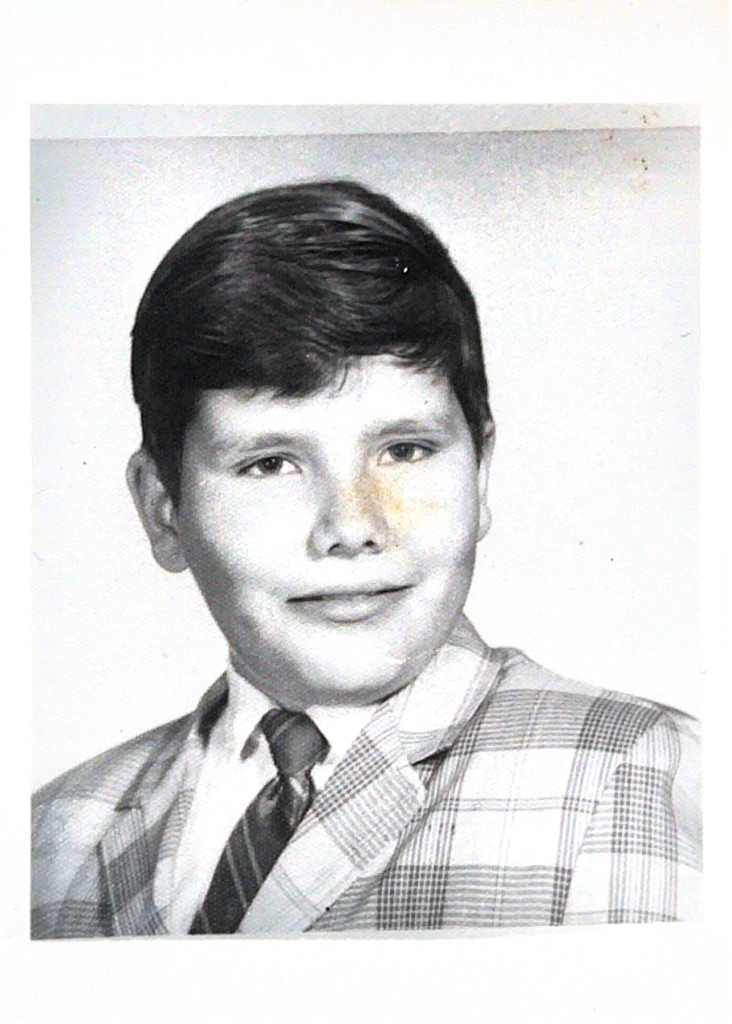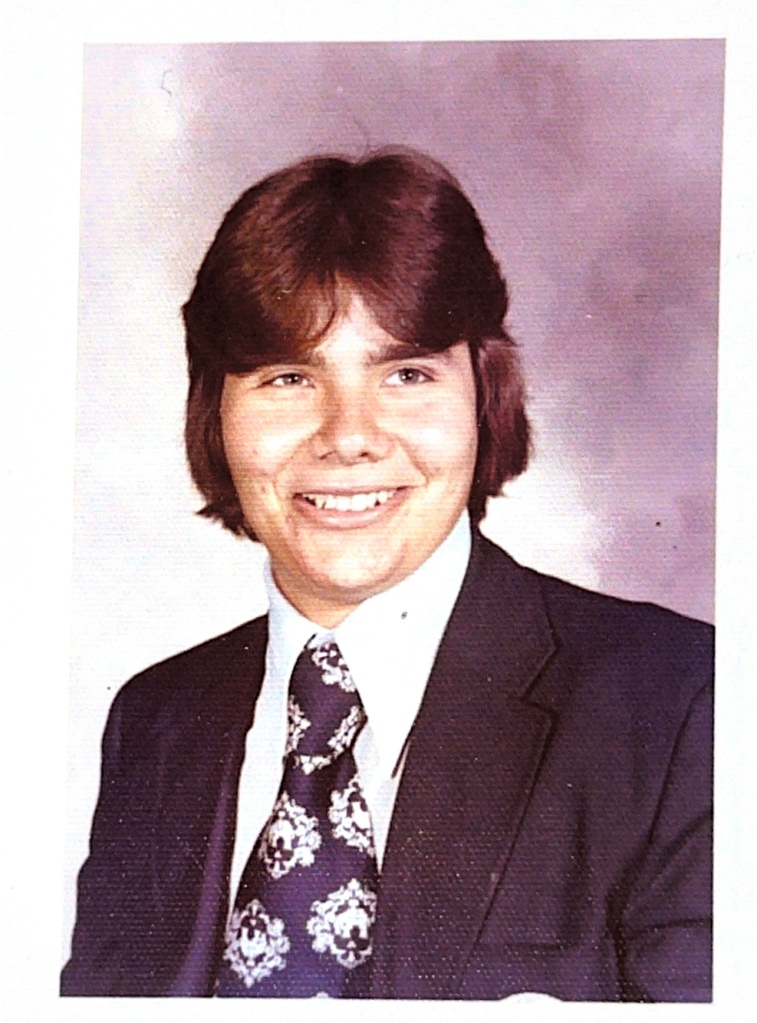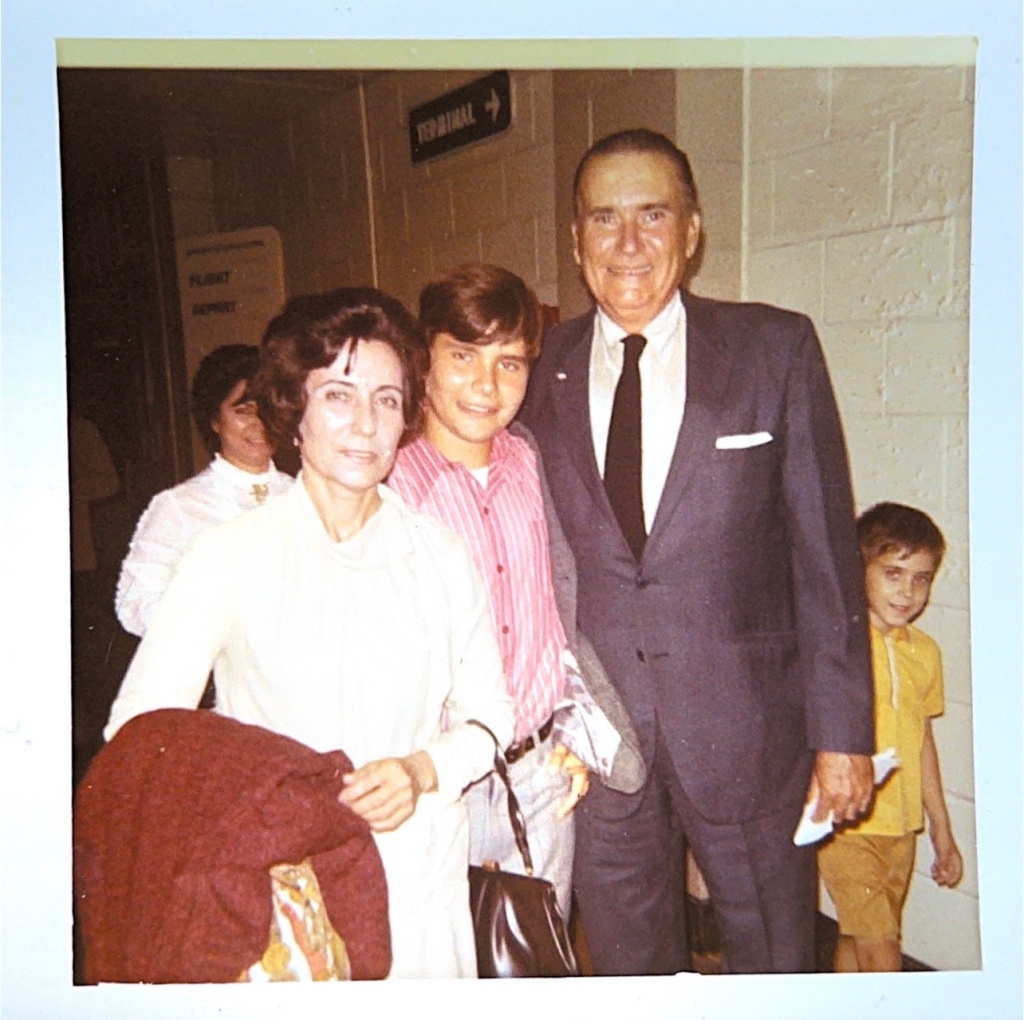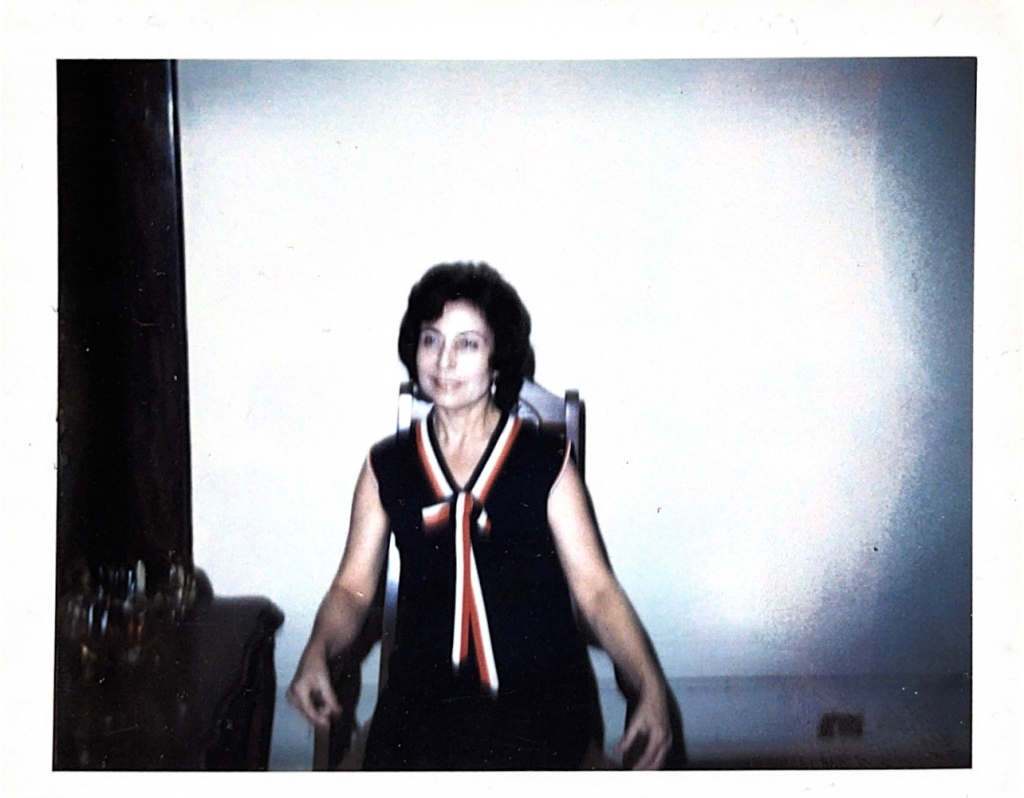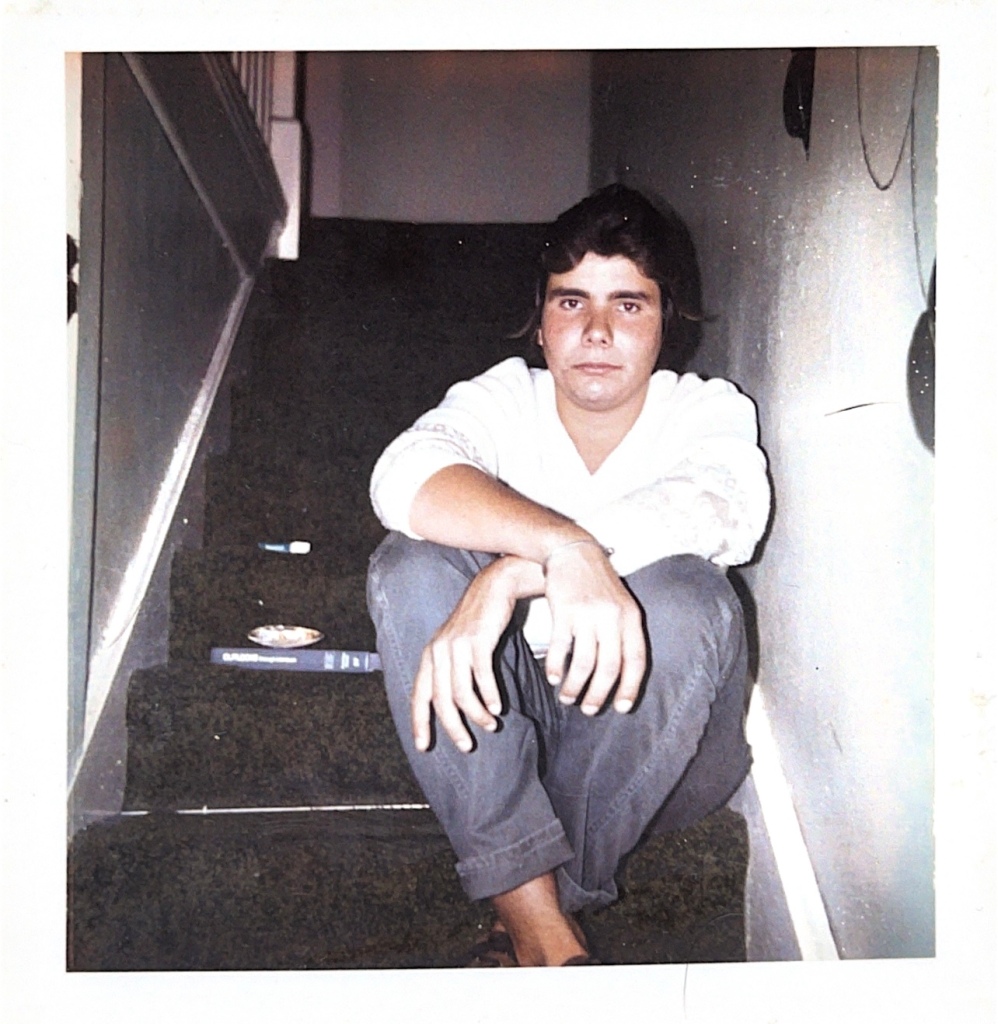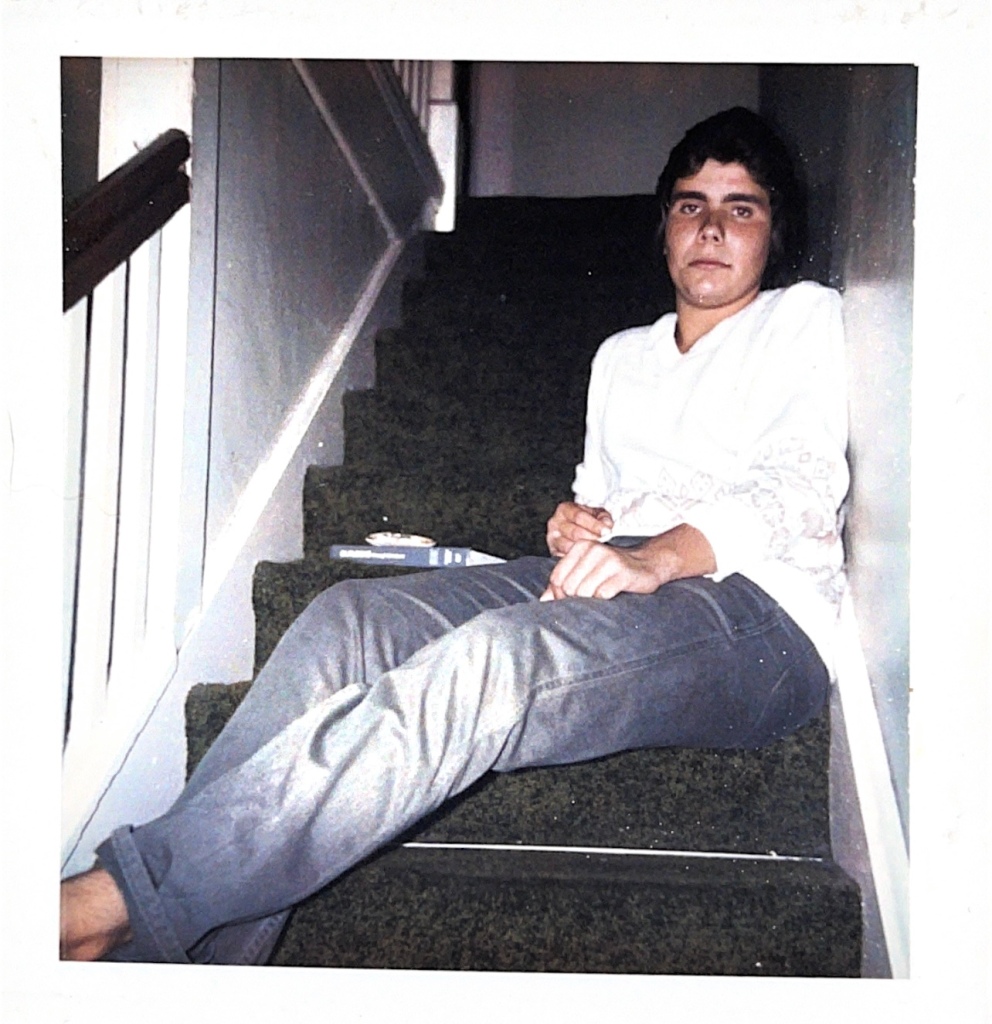By: Natasha Solano
53 Years a Cuban Refugee
When Reinaldo Solano, a 63-year-old Cuban-American reminisces about his childhood, he remembers growing up attending church and school, being an altar boy, his old bully, and his life growing up on a farm.
But above all, he remembers the fear. It was a fear he did not quite understand but experienced all the same.
“I remember living very fearful,” Solano stated, “I remember seeing my family very fearful; they were always very careful.”
Solano was born in Sancti Spíritus, Cuba in 1957. He was just 9-years-old when he and his father emigrated to the United States.
They left Cuba in 1967, eight years after the rise of Fidel Castro’s communist regime.
Castro took control of Cuba in 1959 when his 26th of July Movement overthrew dictator Fulgencio Batista. Castro’s victory altered the course of Cuban history.
The new government implemented many changes; it eliminated legal discrimination, brought electricity to the countryside, provided for full employment, and advanced education and health care.
However, Castro saw opposition as a threat and made sure to snuff it out by imprisoning anyone who may have been against him. This included Cuban citizens who were caught breaking his new laws.
The government also implemented rationing as a way to combat and control consumer goods shortages.
Solano recalls times when his parents would sneak extra rations through military checkpoints on their way into town from their farm.
“I remember my mother and father were very nervous when we would go through military stops, they were scared to get caught,” he explained.
Such actions were seen as “anti-revolutionary” and offenders would be put in prison.
Castro’s regime confiscated most farms, including the Solano’s. The state-owned 80 percent of Cuba’s farmlands.
“The farm had been taken over by the government, it was their property,” he said, “if anything happened to it, it could have been seen as a sabotage and the punishment for that was serious.”
Solano drew similarities between Castro’s communist Cuba and Hilter’s Nazi Germany. He described a revolutionary youth movement, similar to the Hitler Youth, called Los Pioneros.
Fearful of their son’s recruitment and in search of a life free from government oppression, Solano’s parents made the decision to split their family up.
In July of 1967, Solano and his father left Cuba and moved to the United States. Solano describes this sudden move as a culture shock.
“I was raised in a bubble and was very protected,” he said.
When they first arrived in Miami, they lived in a shelter for Cuban refugees. Soon after they moved to New Jersey to be close to family.
By September, Solano was enrolled in school. He had little knowledge of English but quickly learned.
Over the course of the next decade, the rest of Solano’s family would join him and his father in New Jersey. They settled in Elizabeth and continued to live as a family in the same house.
Solano has never forgotten his Cuban roots and has hope that one day he will return to his childhood home.
He sees the efforts of organizations and groups, such as the San Isidro Movement, fighting to reestablish freedom of speech and other artistic liberties in Cuba.
Movements such as these are typically led by artists and intellectuals, Solano explained.
He says “communism eventually wears out,” and that “one can only be oppressed so much until they start demanding their rights.”
It is his hope that these movements are successful and restore Cuba to the country it once was so that he may one day share his childhood experiences with his children.
Solano longs to revisit his childhood home in Sancti Spíritus, which he still remembers for its beauty.
“I remember how beautiful the land was. To this day, my only true connection to Cuba is through nature, its beauty, and all the lessons it taught me.”

